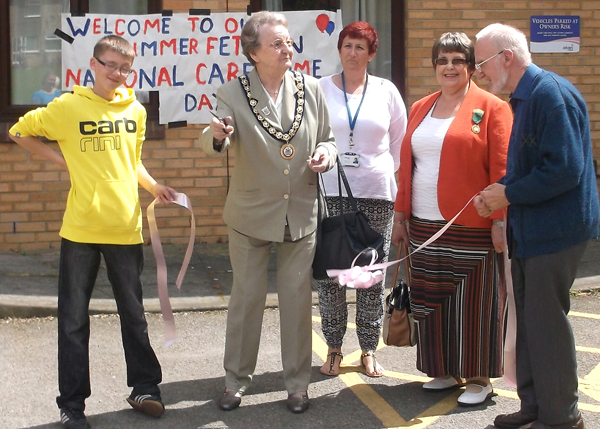Veterinary teams across the UK are continuing to provide essential care for animals during the Covid-19 lockdown, but they are not back to business as usual, according to the British Veterinary Association (BVA).
Since the Prime Minister announced the UK-wide lockdown on 23 March, veterinary practices have only been offering urgent and emergency care or undertaking work to maintain the food supply chain.
This has had a significant effect on practices who have put staff on furlough and rearranged rotas and teams to significantly reduce human contact in order to reduce the spread of Covid-19. Many vet practices are operating a closed-door policy and have measures in place to make sure animals can be handed over safely without contact.
As the government restrictions are likely to continue, BVA and the veterinary regulator the Royal College of Veterinary Surgeon (RCVS) have both issued updated guidance to support veterinary teams to undertake work that is essential for animal health and welfare over the next few weeks.
But BVA has warned that this is not a return to business as usual, and animal owners should still expect non-essential treatments to be delayed.
Vets will risk assess each case and exercise their clinical and professional judgement to decide whether face-to-face treatment or care is essential or whether services could be provided remotely. These assessments will vary across the country due to local disease risks. They will also vary between clients due to individual circumstances.
On the specific issue of pet vaccinations, BVA guidance says that following a risk assessment both for animal health and welfare and with regard to Covid-19, some vaccinations could go ahead. But this does not mean that all vaccinations now have to be, or should be, carried out. Vets will risk assess each case to decide whether certain vaccinations are essential at this time.
BVA is asking all animal owners to respect their vets’ clinical and professional judgement and be patient during this time.










